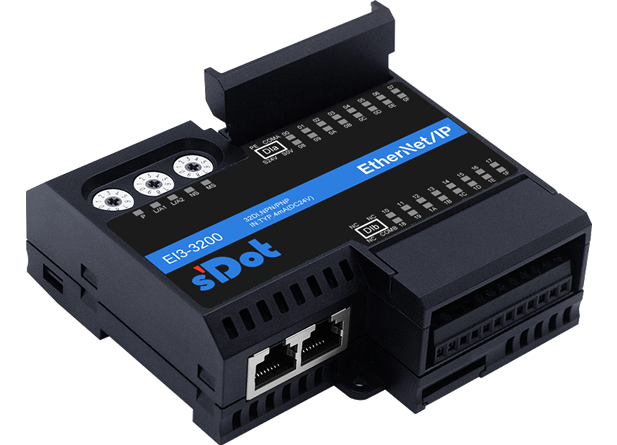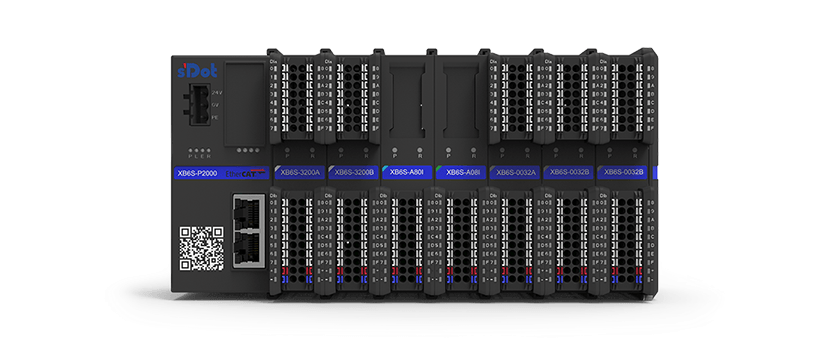fieldbus technology has revolutionized the way industrial automation systems operate, offering numerous benefits in terms of durability and cost-effectiveness.
Enhanced Reliability and Robustness
One key advantage of fieldbus technology is its ability to provide enhanced reliability and robustness. By utilizing digital communication protocols, such as Foundation Fieldbus or Profibus, field devices can communicate directly with the control system without the need for analog signals. This eliminates potential signal degradation issues that can occur with traditional wiring methods, resulting in a more reliable and durable system.
In addition, fieldbus networks are designed to be highly resistant to electromagnetic interference (EMI) and noise. This ensures stable communication between devices even in harsh industrial environments where electrical disturbances are common. As a result, fieldbus technology offers improved durability compared to conventional wiring methods.
Simplified Installation and Maintenance
Another advantage of fieldbus technology is its simplified installation process. With traditional wiring methods, each device requires individual point-to-point connections to the control system. This can be time-consuming and labor-intensive, especially for large-scale automation systems.
Find more about automation system integrator.
In contrast, fieldbus networks utilize a single cable that connects multiple devices together through a daisy-chain configuration. This significantly reduces installation time and effort while also minimizing the amount of cabling required. Furthermore, troubleshooting becomes easier as diagnostic information from each device can be accessed remotely through the network.
Click Solidot Electronic Technology.
Cost Savings through Reduced Wiring

The use of fieldbus technology also leads to significant cost savings by reducing wiring requirements. Traditional wired systems often involve extensive amounts of cables running throughout an industrial facility, which not only increases material costs but also adds complexity during installation and maintenance.
Fieldbus networks, on the other hand, require fewer cables due to their daisy-chain configuration. This not only reduces material costs but also simplifies cable management and improves overall system flexibility. Additionally, fieldbus technology allows for easier expansion or modification of the automation system without the need for extensive rewiring.
Conclusion
In conclusion, fieldbus technology offers numerous advantages in terms of durability and cost-effectiveness. Its enhanced reliability and robustness ensure stable operation even in harsh industrial environments. The simplified installation process and reduced wiring requirements lead to significant time and cost savings throughout the lifecycle of an automation system.
By embracing fieldbus technology, industries can achieve more efficient and durable automation systems while reducing overall costs associated with installation, maintenance, and future expansions.
